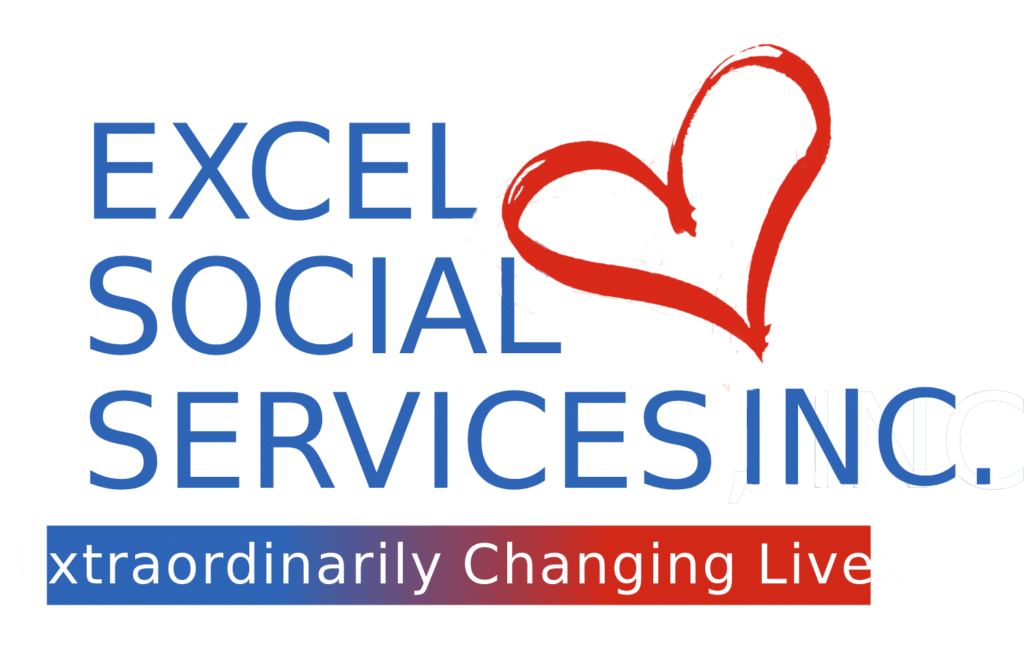Psychiatry & Medication Management
Telemedicine is the process of providing health care from a distance through technology, often using videoconferencing. Telepsychiatry, a subset of telemedicine, can involve providing a range of services including psychiatric evaluations, therapy (individual therapy, group therapy, family therapy), patient education and medication management. Telepsychiatry can involve direct interaction between a psychiatrist and the patient. It also encompasses psychiatrists supporting primary care providers with mental health care consultation and expertise. Mental health care can be delivered in a live, interactive communication. It can also involve recording medical information (images, videos, etc.) and sending this to a distant site for later review.

Benefits
Video-based telepsychiatry helps meet patients’ needs for convenient, affordable and readily accessible mental health services. It can benefit patients in a number of ways, such as:
• Improve access to mental health specialty care that might not otherwise be available (e.g., in rural areas)
• Bring care to the patient’s location
• Help integrate behavioral health care and primary care, leading to better outcomes
• Reduce the need for trips to the emergency room
• Reduce delays in care
• Improve continuity of care and follow-up
• Reduce the need for time off work, childcare services, etc. to access appointments far away
• Reduce potential transportation barriers, such as lack of transportation or the need for long drives
• Reduce the barrier of stigma
While some people may be reluctant or feel awkward talking to a person on a screen, experience shows most people are comfortable with it. Some people may be more relaxed and willing to open up from the comfort of their home or a convenient local facility. Also, this will likely be less of a problem as people become more familiar and comfortable with video communication in everyday life.
Telepsychiatry allows psychiatrists to treat more patients in distant locations. Psychiatrists and other clinicians need to be licensed in the state(s) where the patient they are working with is located. State licensing boards and legislatures view the location of the patient as the place where “the practice of medicine” occurs. Although telepsychiatry has the disadvantage of the patient and psychiatrist not being in the same room, it can create enhanced feelings of safety, security and privacy for many patients.
Medication Management
Treatment for substance use disorders often overlooks the important role that physical health plays in the recovery process. Because major health concerns, nutritional deficiencies, sleep disturbances, and many other biologically related issues can have a direct result on how individuals feel and progress in recovery, we encourage our clients to see their primary care physician regularly and to allow Excel SS staff to collaborate with these medical providers during treatment.
The use of medications can be vital in the long-term recovery process, especially when cooccurring mental health disorders are present. Our medical and psychiatric staff work individually with each of our patients throughout the treatment process to determine what medications are appropriate, and if the current medication protocol needs modification.
Our philosophy is that an appropriate medication regimen functions best as part of a more integrative treatment process
EXCEL SOCIAL SERVICES
CONTACT US FOR MORE INFORMATION ABOUT OUR Psychiatry & Medication Management

